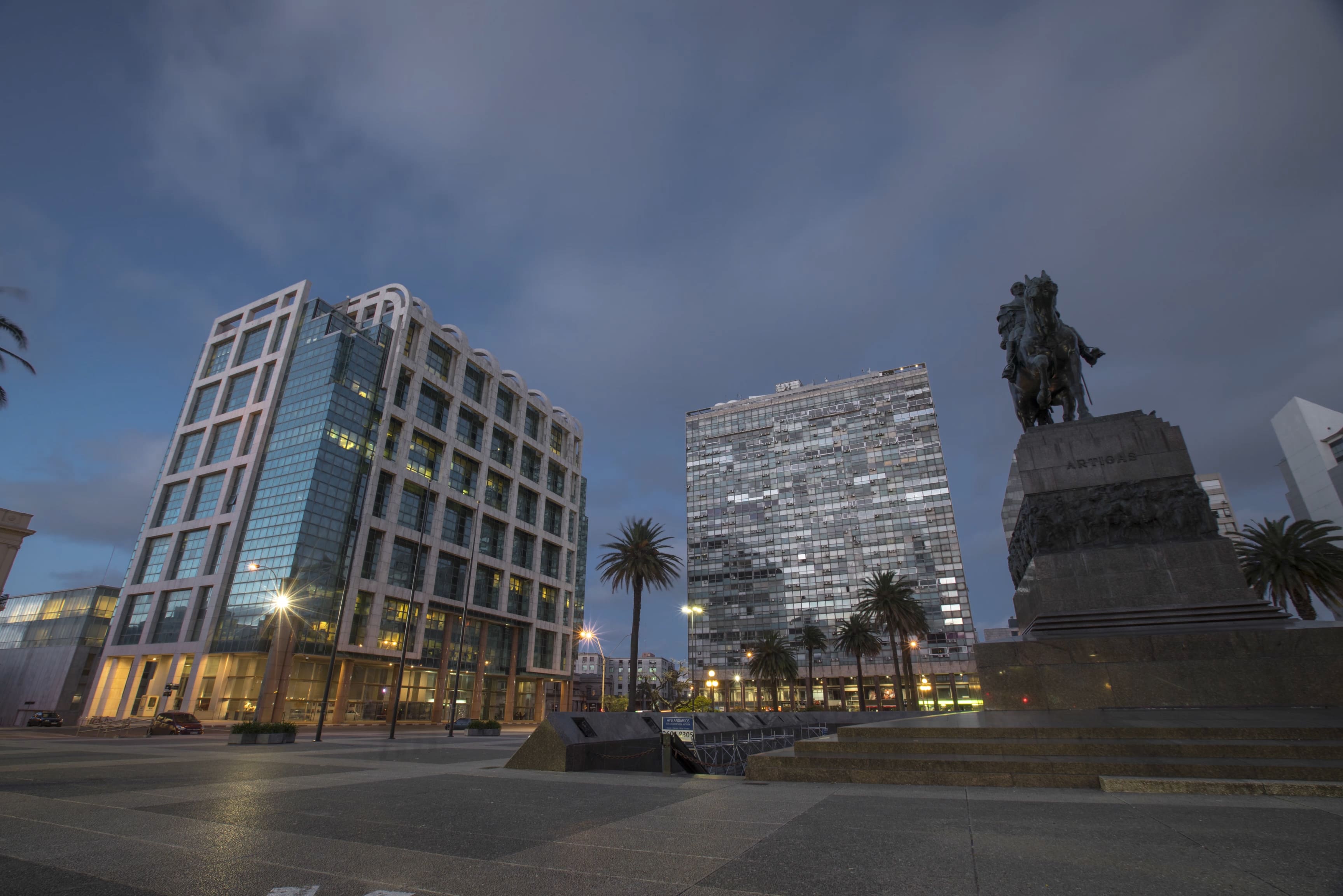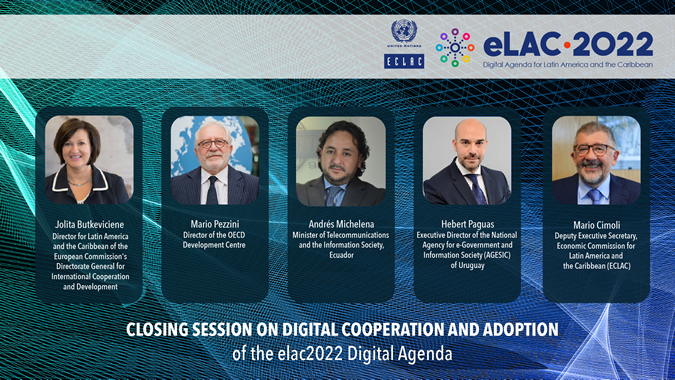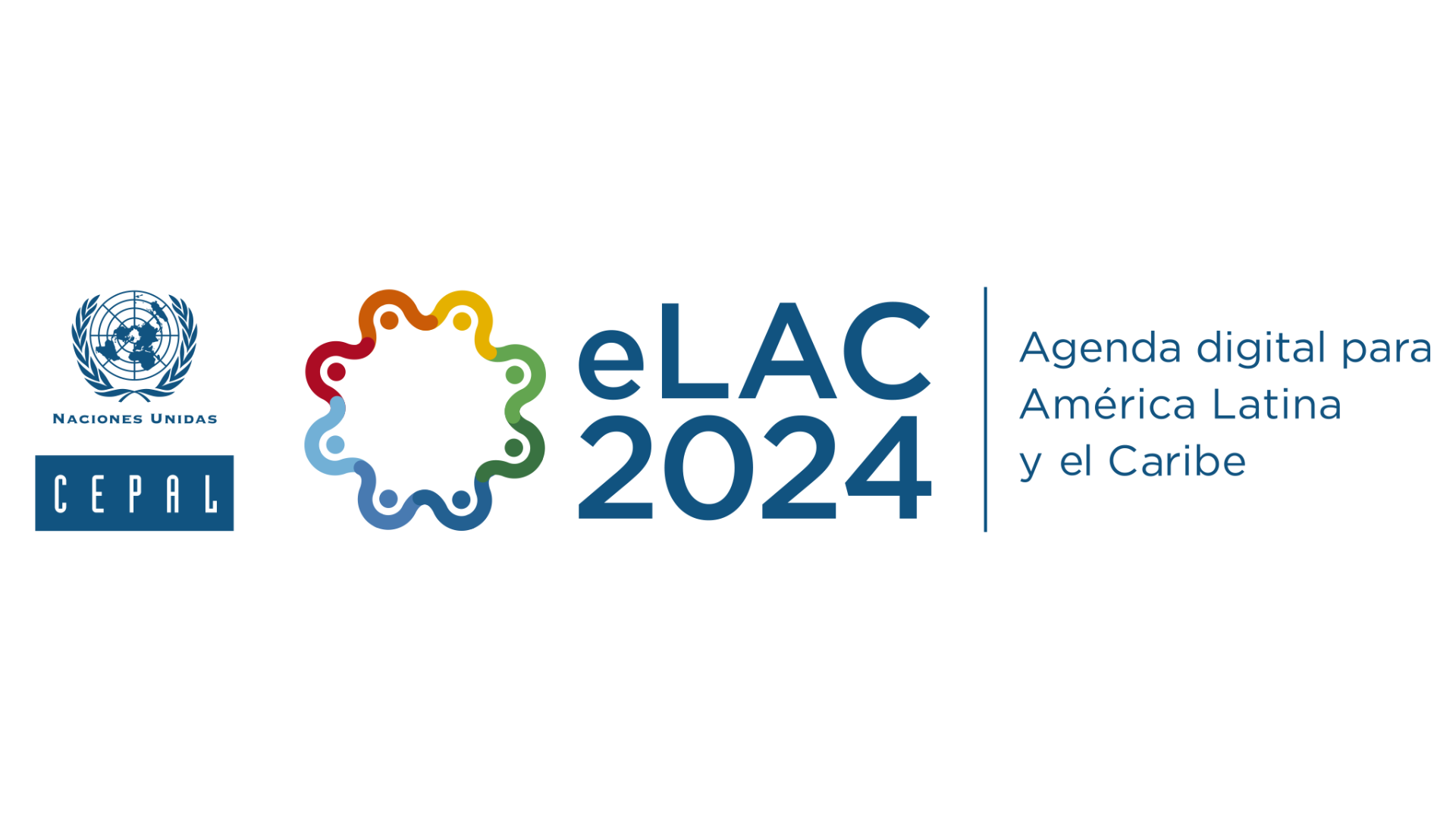Uruguay Will Host the Eighth Ministerial Conference on the Information Society in Latin America and the Caribbean
Work area(s)
The meeting will take place in Montevideo from Wednesday, November 16 to Friday, November 18, 2022.

On November 16-18 of this year, the Eighth Ministerial Conference on the Information Society in Latin America and the Caribbean will take place in Montevideo, bringing together the main leaders and decision-makers on digital matters from the region’s public and private sectors, the technical community and civil society.
The Conference – organized by the United Nations Economic Commission for Latin America and the Caribbean (ECLAC) in conjunction with the Government of the Eastern Republic of Uruguay – aims to define a set of policy priorities at a regional level for furthering the digital transformation, with a vision that goes beyond 2022, in the framework of the Digital Agenda for Latin America and the Caribbean (eLAC).
Digital technologies are essential instruments for driving productivity and growth, and they have significant effects in numerous critical areas for development such as health, education and government. That is why the United Nations’ Sustainable Development Goals (SDGs) place access to these technologies and to the Internet among their main objectives.
In this context, Latin America and the Caribbean faces the challenge of fully inserting itself in the new economy, which necessitates implementing a set of policies that would not only reduce digital exclusion but would also promote innovation and technological development, taking advantage of regional integration and cultural and linguistic similarities.
2022 marks 17 years since the first Ministerial Conference, a process that has allowed for consolidating a shared vision regarding the role of digital technologies in development, as well as promoting the exchange of experiences, capacity development, policy dialogue and knowledge creation.
Digital technologies have an impact on all economic and social activities. This requires a comprehensive view of policy and the definition of strategies for coordinating various efforts, objectives and tools in areas as diverse as telecommunications, the defense of competition, consumer protection, data protection and cybersecurity, among others. In addition, the current technological and digital revolution – marked by fifth-generation (5G) networks, artificial intelligence, blockchains and the Internet of Things – poses huge opportunities that should be harnessed by Latin American and Caribbean countries to foster productivity, innovation and productive development.
Related content

Countries of Latin America and the Caribbean Approved the eLAC2022 Digital Agenda
Today the VII Ministerial Conference on the Information Society in Latin America and the Caribbean, organized virtually by ECLAC and the Government of Ecuador, came to a close.
Related event

Eighth Ministerial Conference on the Information Society in Latin America and the Caribbean
The Eighth Ministerial Conference on the Information Society in Latin America and the Caribbean is jointly organized by the United Nations Economic Commission for Latin America and the Caribbean …
Subregional headquarter(s) and office(s)
Type
Country(ies)
- Latin America and the Caribbean
-
Uruguay
Related link(s)
Related project(s)
Contact
Public Information Unit
- prensa@cepal.org
- (56 2) 2210 2040

